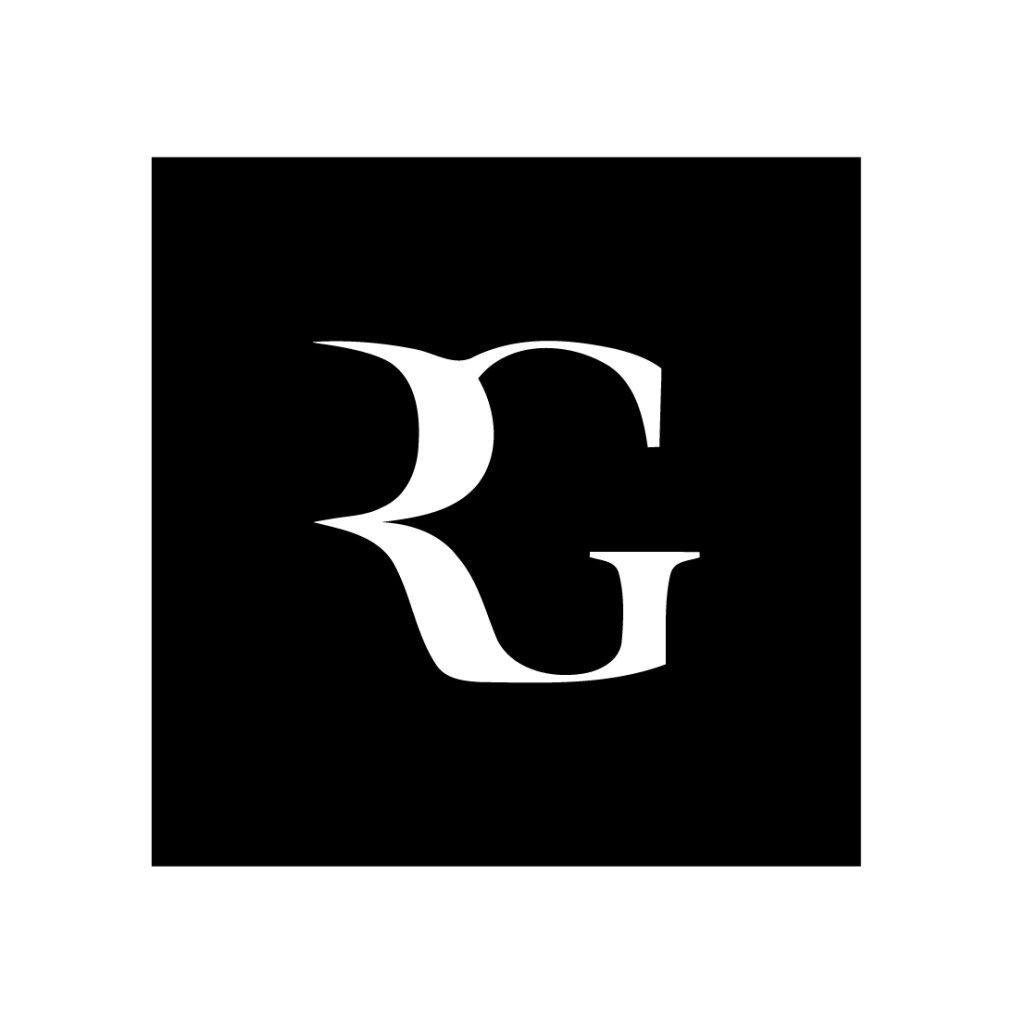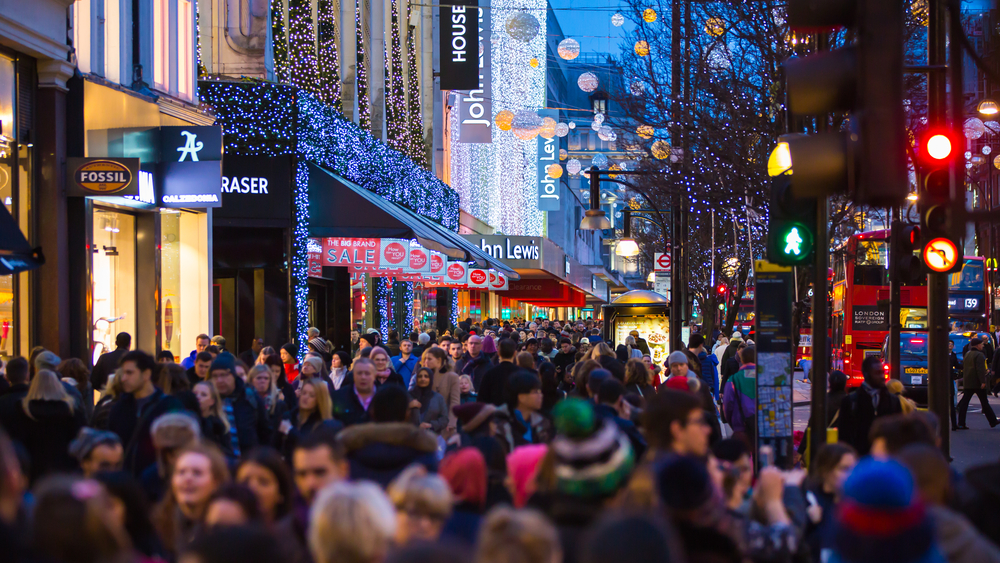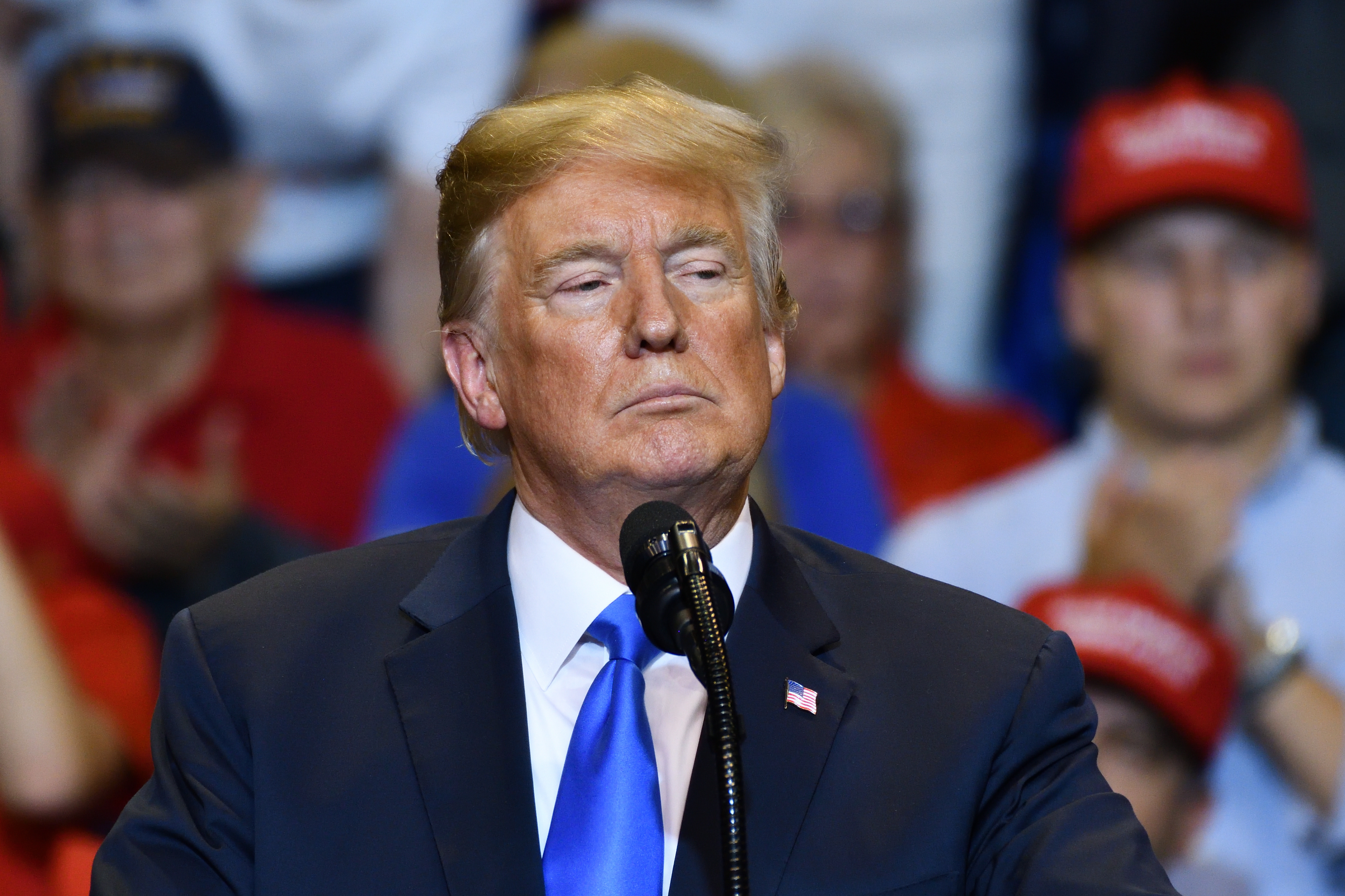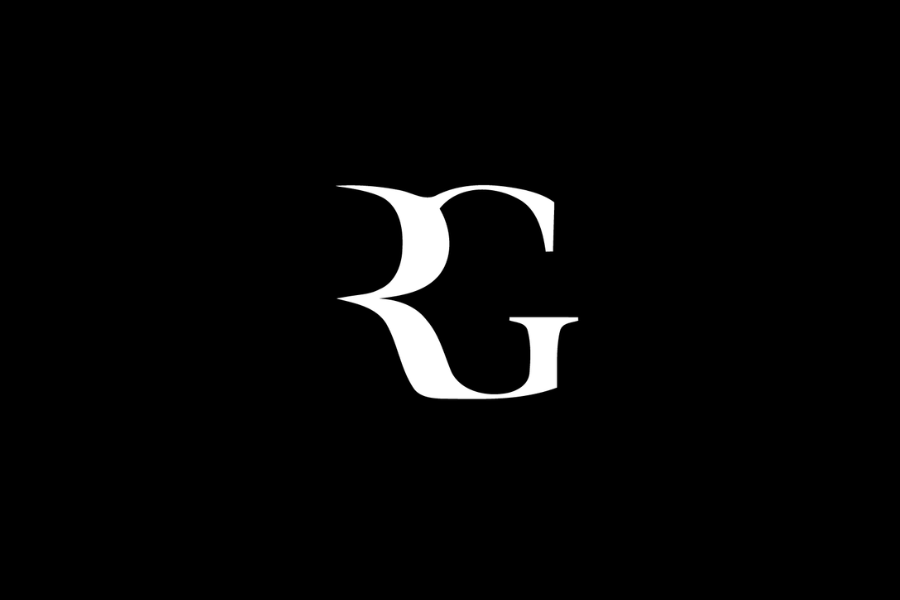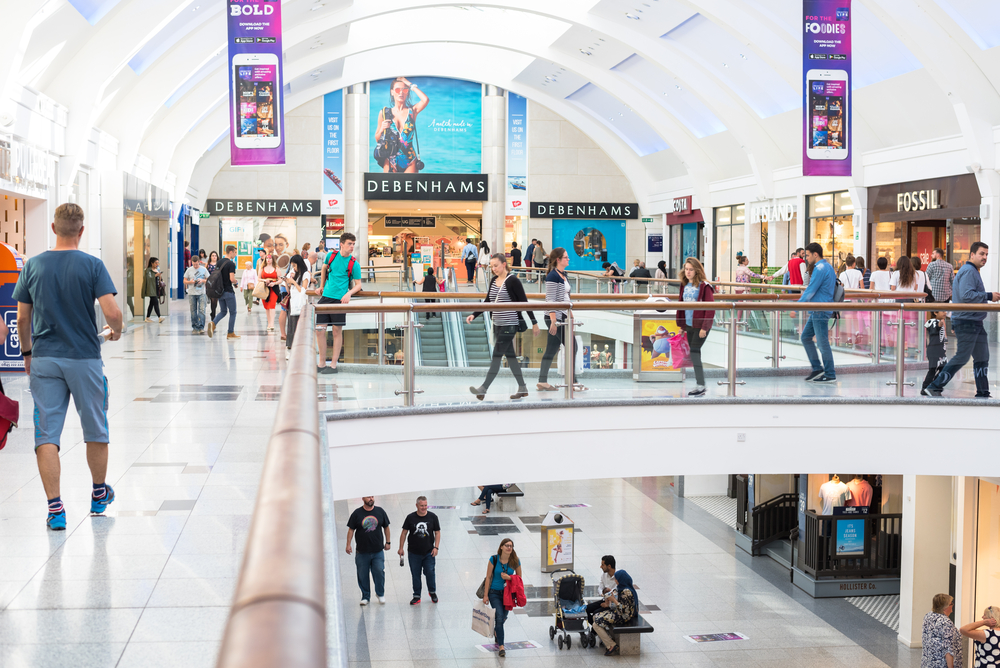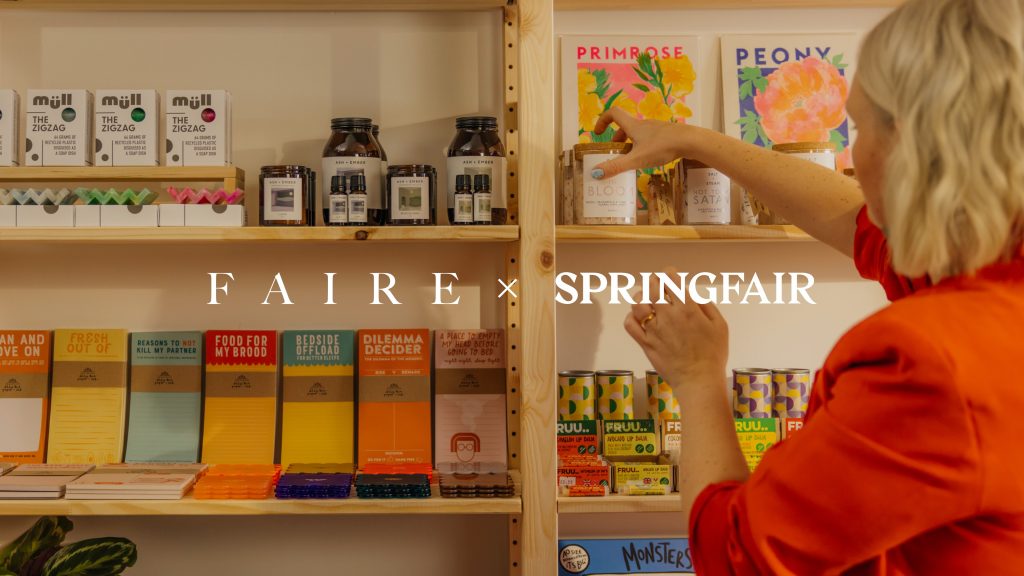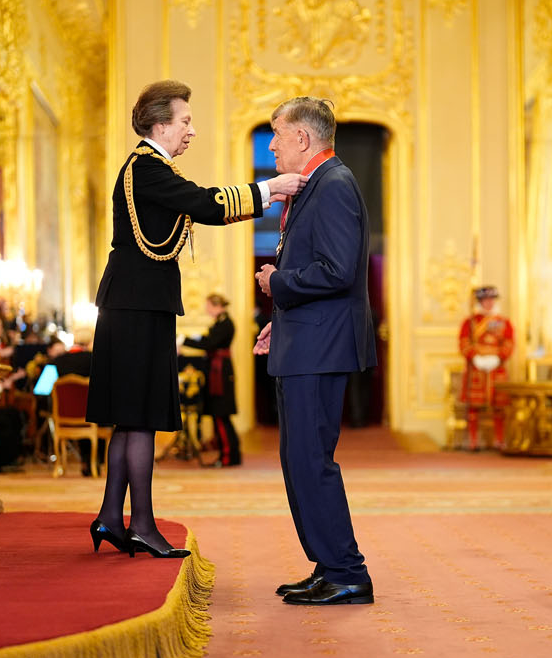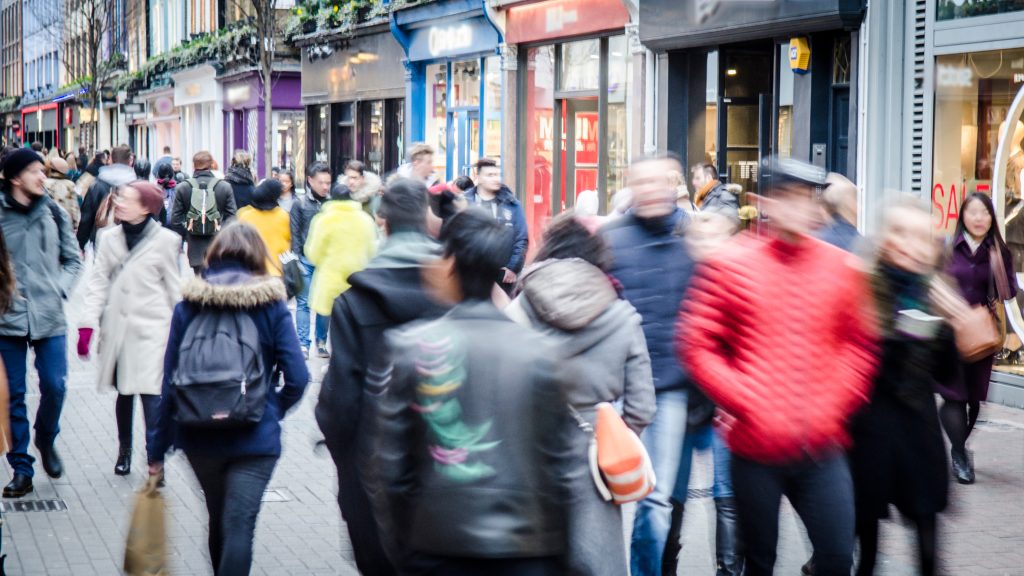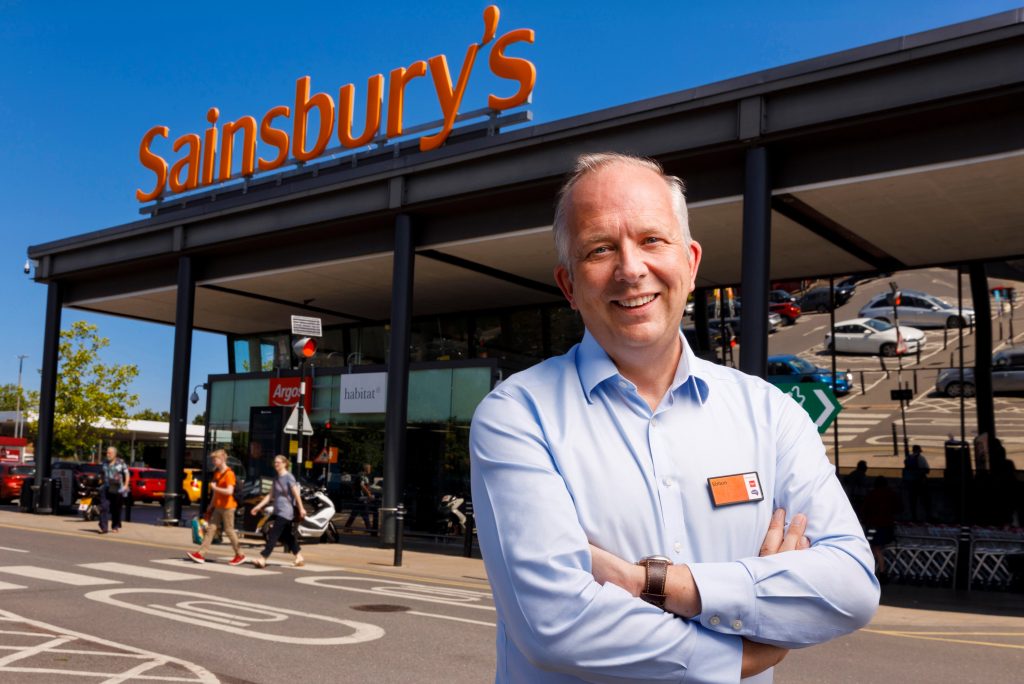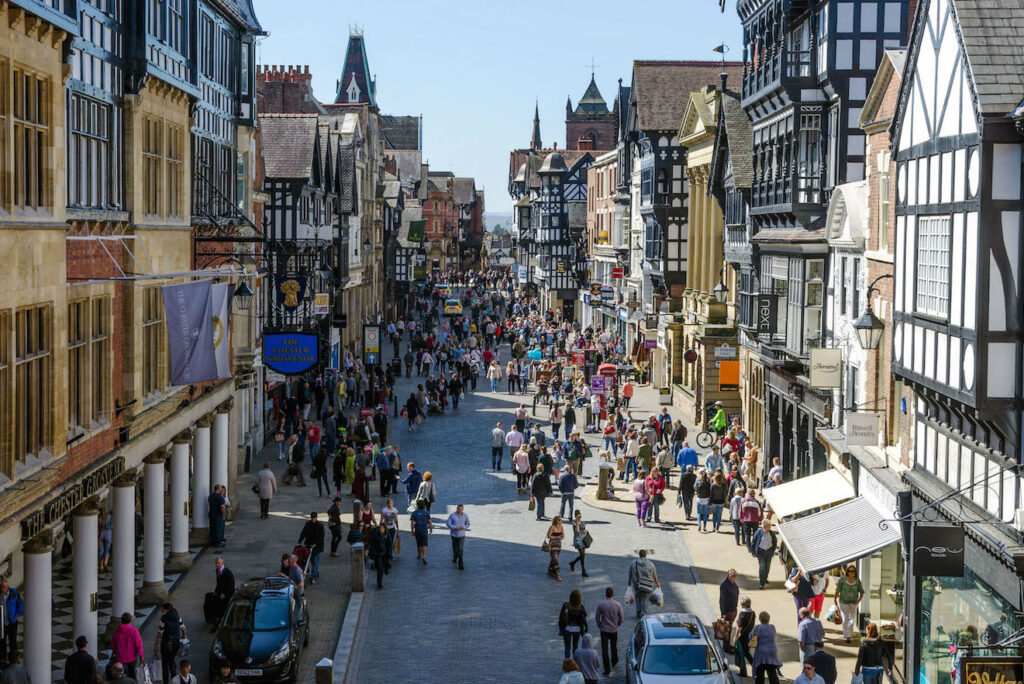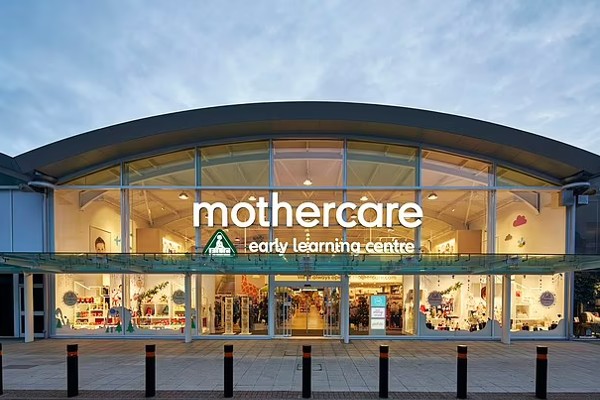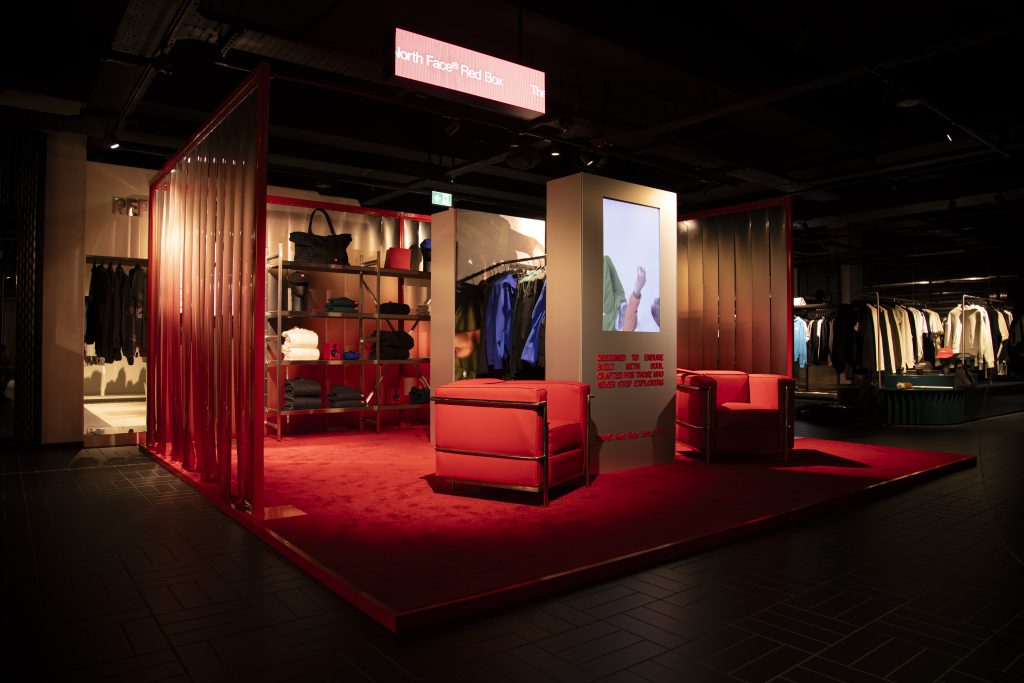Facebook has bought virtual reality company Oculus Rift for $2bn as CEO Mark Zuckerburg proclaims that “mobile is the platform of today” and that the firm is “getting ready for the platforms of tomorrow.” The social networking giant has made a string of acquisitions including instant messaging platform WhatsApp for $19bn and link-sharing service Branch this year as it seeks to diversify its offering beyond social media and a successful e-commerce platform.
VR appears to be taking off with retailers; Topshop recently delivered a virtual reality experience for London Fashion Week which transported shoppers from in-store to the catwalk. And Tesco, somewhat more subordinately, is integrating VR to plan how their category range appears on shelves which they say improves accuracy and removes the “laborious process” of laying out new merchandise physically.
Dan Calladine, Head of Media Futures at Carat says that virtual reality units like Oculus Rift could be used to make the high street shopping more engaging.
“(Virtual reality could be used) in special sections of the store, or could be used online to better sell to people remotely – why watch a video of a product or holiday destination when you could feel much more deeply immersed?”
Phillip Dyte, Paid Social Media Manager at iProspect commented: “The opportunities for retailers are many, as virtual reality can improve the online customer experience in lots of ways. For instance, web-based retailer Thread.com could add a virtual clothesrack with full-size, 3D replicas of their suggestions in order to complete their online personal stylist experience. Elsewhere, furniture or automotive retailers could use it to show off scale replicas of their products – just like stepping inside the sales brochure.”
